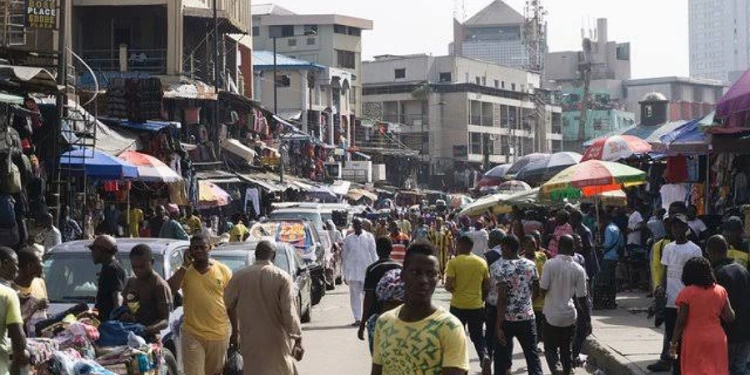IMF’s austerity policies erode measures to protect the poor
Multilateral lender’s role in helping to insulate people in low- and middle-income countries from economic crisis is incoherent and inadequate, says Oxfam.
An important International Monetary Fund (IMF) initiative to shore up poor people in the Global South from the worst effects of its own austerity measures and the global economic crisis is in tatters.
New analysis by Oxfam finds that the IMF’s ‘Social Spending Floors’ —targets designed to help borrowing governments protect minimum levels of social spending— are proving largely powerless against its own austerity policies that instead force countries to cut public funding.
The IMF’s ‘Social Spending Floors’ encouraged raising inflation-adjusted social spending by about $1 billion over the second year of its loan programmes compared to the first year, across the 13 countries that participated where data is available.
By comparison, the IMF’s austerity drive has required most of those same governments to rip away over $5 billion worth of state spending over the same period.
“This suggests the IMF was four times more effective in getting governments to cut their budgets than it is in guaranteeing minimum social investments,” said incoming Oxfam International interim Executive Director, Amitabh Behar.
The IMF’s social spending floors, which it systematized in its 2019 Social Spending Strategy, are in large part now proving to be inadequate, inconsistent or even ignored. Oxfam says this is contributing to the threat a ‘lost decade’ of development.
“This is deeply worrying and disappointing, given that the IMF had itself urged countries to build back better after the pandemic by investing in social protection, health and education,” Behar said.
“Among the 2 billion people who are suffering most from the effects of austerity cuts and social spending squeezes, we know it is women who always bear the brunt.”
In a new report today, “IMF Social Spending Floors: A Fig Leaf for Austerity?”, Oxfam analyzed these components in all IMF loan programs agreed with 17 low- and middle-income countries in 2020 and 2021.
It found inconsistencies between countries. There is no standard or transparent way of tracking progress and many of the minimum targets were inadequate.
For instance, based on the available data, not one of the 17 countries currently has a social spending floor large enough to cover the cost of meeting the World Health Organization’s target to reach the Sustainable Development Goal for Health, let alone targets in other areas like education.
The floors agreed by the IMF with Chad, Cameroon, Jordan and Madagascar meant that their social spending targets set in the IMF programme had actually decreased by 3-5% over the course of their loans.
This suggests that austerity is “eating up social spending” which is “extremely worrying”.
In 11 instances where countries showed a nominal rise in their social spending floors, it appeared that inflation had not been taken into account. When Oxfam did so, their rates of increase were markedly slower and, in three cases, instead registered a real decline.
The loan programmes are also largely gender blind. Only four borrowing countries —Costa Rica, The Gambia, Jordan and Moldova— had made substantive considerations of gender issues in their IMF loans, in 13 cases that information was “very limited” and, in Suriname, absent entirely.
Oxfam analyzed 63 of the 124 conditions relating to social floors that had implementation data available and found that only 65% (41 of 63) had actually been implemented.
The Democratic Republic of Congo and Madagascar had met none. Only Jordan had met all its social spending floors.
In contrast, these countries had implemented 85% of their austerity targets. Countries are struggling to meet their social spending floors and Oxfam believes that is in part because they are having to make budget cuts for fear of having their loan tranches held up.
“To make matters worse, these social floors have become more like ceilings,” Behar said.
“While only half of the 17 countries we analyzed had actually met their minimum social spending floors —which is disappointing enough— just two had spent 10% more than what they agreed with the IMF.”
The report said the IMF programmes was not living up to its potential.
These floors hardly protect social spending and do not appear to have had a significant impact in reducing inequality within countries.
“While the ‘Social Spending Floors’ initiative retains its original urgency and promise, it is being undermined by the worst effects of austerity that the IMF is pursuing much more enthusiastically,” Behar said.
The IMF has made some encouraging improvements in paying attention to social protection, health, and education, but it needs to do much more to avoid, in its own words, “repeating past mistakes”.
The IMF should allow countries more flexibility on inflation and deficit targets and move negotiations into the public discourse, and back it all up with open data.
It should set social spending goals instead of floors that can be rapidly increased via different forms of wealth taxation and other progressive measures, rather than simply creating space for more privatization and cuts elsewhere.








